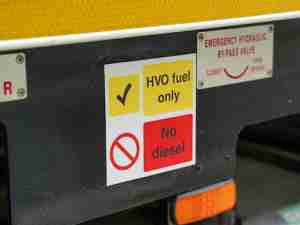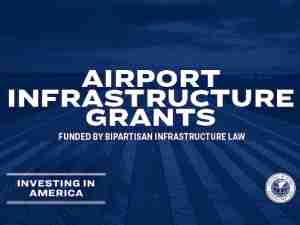Trade war “unavoidable” if EU airline emissions plan blocked
By: Reuters | Nov 21 2013 at 01:53 PM | Air Cargo | International Trade
Failure by the European Union to soften a law to charge foreign airlines for their emissions will make an international trade war unavoidable, a German lawmaker steering the plan through the European Parliament said.
A law passed in 2009 charged all airlines for emissions for the full duration of their flights into and out of the bloc, but it was suspended last year amid complaints from countries including the United States, China and Russia and replaced with a scheme that applied only to routes wholly within the EU.
The European Commission last month proposed reinstating the law, but weakening it to force all carriers using EU airports between 2014 and 2020 to pay for the greenhouse gases they emit in the bloc’s airspace via Europe’s Emissions Trading Scheme.
If the proposal is not approved by April, the law will be restored in its original form, meaning airlines will have to spend even more on carbon permits to cover their entire flights.
“If this proposal is blocked, the EU is in deep trouble because we’ll go back to the original legislation ... and a trade war will be unavoidable,” German MEP Peter Liese said.
“There’s a sense of urgency to get this done,” he added, speaking on the sidelines of U.N. climate talks in Warsaw.
The European Union had said the law’s suspension in 2012, dubbed “stop the clock”, would allow the International Civil Aviation Organization (ICAO), the U.N.‘s aviation body, to craft a global scheme to curb the aviation sector’s rising emissions.
But after the ICAO’s assembly agreed to design a market-based mechanism to vote on when it next meets in 2016, the commission, citing the bloc’s right to regulate its own airspace, decided to partially reinstate its own law.
“We have to reflect on the international debate while enforcing our own legislation,” Liese said.
Tension
The EU emissions scheme has been a source of tension between the 28-nation bloc and its biggest trading partners.
The aviation sector has criticised the commission’s new plan, saying it’s against the spirit of what was agreed at ICAO, and they are pressing lawmakers and governments to reject it.
France-based aircraft maker Airbus in 2012 said China blocked billions of dollars in orders, leading the company’s Chief Executive Fabrice Bregier to write to China’s top aviation official after the EU law was suspended.
In the letter, seen by Reuters, Bregier said he hoped that Airbus had shown, through its lobbying efforts, strong support to the Chinese aviation industry.
Liese said: “I’m most concerned that parts of European industry are encouraging other countries to attack EU policy. This is completely unacceptable and I’m sure it will motivate MEPs (to support the commission’s proposal).”
“Airbus is the biggest problem, and this view is shared by my colleagues,” he said.
Airbus had declined to comment on the Bregier letter at the time of the Reuters report in May. A spokesman also declined to comment on Liese’s comments on Wednesday, reiterating the company was “disappointed and concerned ... that the proposal risks exposing the European aviation industry to retaliatory trade measures”.
Liese said he and the chairs of the EU parliament’s environment and transport committees “all agree, meaning the main players from the two big groups will support the commission’s proposal”.
Both committees are expected to debate the proposal next month before holding separate votes in late January. If they back it, and it is then approved by a majority of member states, the full European Parliament will vote on the plan in March or April, Liese said. (Reuters)








